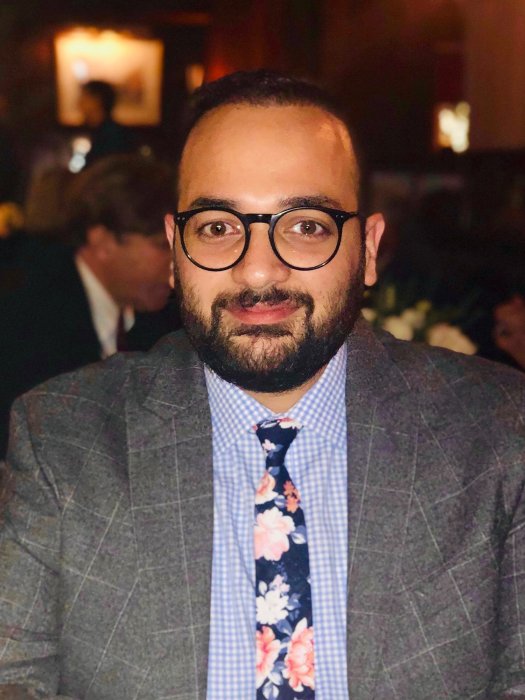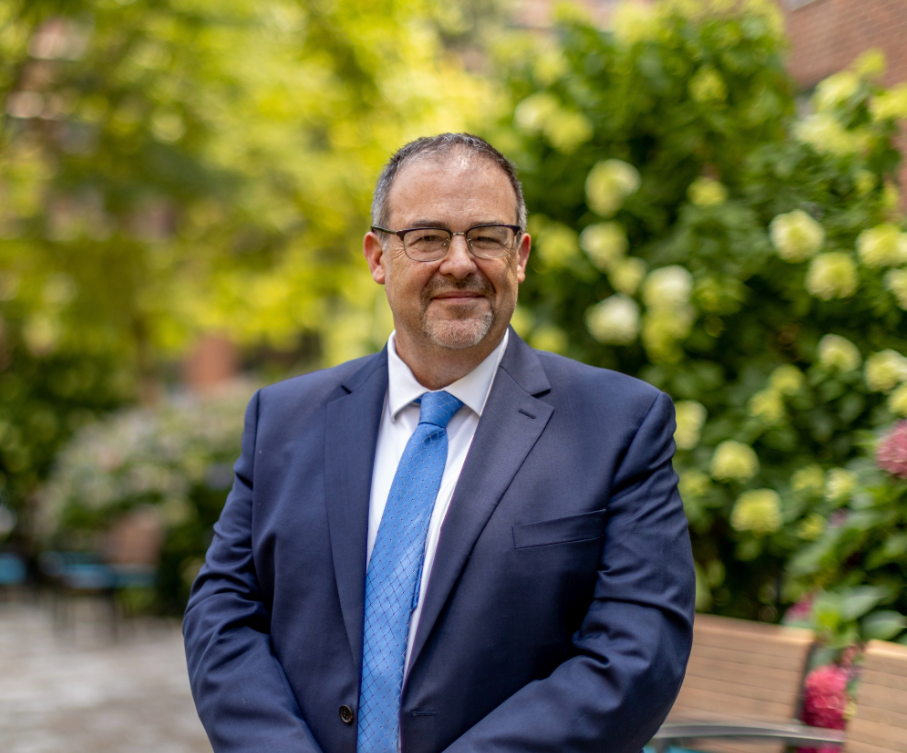Prior to volunteering with the Community Service Society of New York’s (CSS) Record Repair Counseling (RRC) program, Deborah Williams worked for the New York City Department of Social Services. She recalled coming across many people who were denied employment because of their conviction history, even if it included only minor violations.
As a CSS record repair counselor, Ms. Williams helps individuals repair their conviction history where there are errors and apply for certificates that bypass state licensing laws excluding them from their chosen occupations.
Over 100 professions in New York require a license. More than half — such as bus operator, barber and unarmed security guard—pay well and are accessible to those who lack a college degree, but are unavailable by law to people with certain convictions.
“I had one client who came in fearing her history was the end of the world only to find out that she did not actually have a rap sheet,” said Ms. Williams, who describes volunteering with RRC as one of the most rewarding experiences in her life. “She was free to pursue whatever type of employment she wanted.”
Long after being involved with the criminal justice system, many individuals cannot become self-sufficient, contributing members of society. They receive a second sentence, not a second chance, as they encounter a combination of barriers to employment, housing, and educational opportunities.
The Community Service Society’s Retired and Senior Volunteer Program CSS/RSVP has volunteer opportunities for adults aged 55 and over who are concerned about mass incarceration and recidivism and would like to serve as record counselors and help people take control of their conviction histories.
If you want to learn more about this opportunity please call Hazel Beckles Young Lao, project director, at (212) 614-5556, or attend an orientation on Wednesday, Sept. 28, 2011, 9:30 a.m. at the Community Service Society, 105 East 22nd St., 4th Floor, Conference Room 4B.
An estimated one in three New Yorkers have a criminal record, and 58 percent of those records have at least one error. Nearly 70 percent of convictions are for low-level crimes—misdemeanors and violations—not felonies. Counselors are trained to help individuals request, read, and repair their New York State Division of Criminal Justice Services rap sheets and their criminal records maintained by risk information consumer credit reporting agencies.
Armed with the same information an employer has, as well as the knowledge about how to handle questions about their record in a job interview, clients can accurately disclose their conviction records and avoid being fired for accidentally failing to disclose a conviction.
With instructions and ongoing support from CSS RSVP Record Repair Counseling staff and a CSS staff attorney, volunteers will gain a basic understanding of New York criminal law; discover how to spot and fix mistakes on rap sheets; learn the truth about the real-life consequences of criminal convictions; and educate individuals so that the words in their records are not the story of their lives.
Established 42 years ago, the Retired & Senior Volunteer Program’s 7,000 volunteers contribute more than 1.5 million hours of service annually to 500 organizations in New York City. RSVP is a program of the Community Service Society of New York, a nonprofit organization which advocates on behalf of the poor in the areas of education, affordable housing, health care, and income maintenance. RSVP is part of the Corporation for National and Community Service (CNCS) and receives funding from CSS, and other government agencies, foundations, and individuals.























